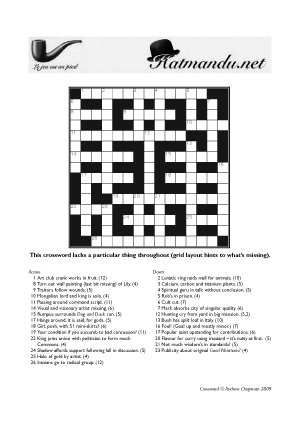Familists
The Familists, or Family of Love, were a mystical sect not actually born in the British Isles, but in the Netherlands.
They were founded by heretical merchant Hendrik Niclaes, who took St Paul’s assertion that a part of God is in everyone to mean we are all part of the Godhead.
Familism comes across as a something like a modern hippy cult, with a quiet community spirit, artistic following, belief in communal property – and accusations of wife-swapping from their enemies.
The movement spread to England in the late 16th century, mainly via Christopher Vitel, a joiner and preacher from Delft who settled in Colchester and Southwark. Familist enclaves were notable in Cambridgeshire and Surrey.
Rumour had it that some of Elizabeth I’s Yeomen of the Guard were Familists, as well as James I’s lion-keeper at the Tower of London, and men at the court of Charles I.
A Rev James Pordage established a Familist community near Reading in the 1640s. There is some evidence many members later influenced and/or became absorbed into the Quakers.
Fifth Monarchists
The Fifth Monarchy Men (referencing Daniel 2:44) were a millenarian group who flourished during Cromwell’s rule from 1649-1660 and planned to reform Parliament to prepare the nation for Christ’s coming, creating a new kingdom (the previous four were those of the Assyrians, Persians, Greeks and Romans).
They saw 1666 as the year of the Antichrist and some believed that Christ himself would return in 1700.
The movement appears to have started among New Model Army members in Norfolk. Leading members, who preached government reform, the end of taxation, care for the poor and… better salaries for the New Model Army, included Christopher Feake, John Rogers, John Simpson, Vavasor Powell and John Canne.
They had much in common with the Levellers, and were among the few groups to criticise Cromwell after that movement was crushed. Later key figures were Major-General Thomas Harrison – who was executed in 1660 for having signed Charles I’s death warrant – and Thomas Venner, who continued opposition against Charles II.
The Great Fire of London in 1666 briefly fuelled their cause, but eventually the flame dwindled in the early 18th century.
Free Christians
Free Christians are self-avowedly open-minded followers of the teachings and example of Christ, but without adhering to any specific creed or doctrine.
They have much in common with Unitarians and there is some cross-over of membership – if the term has any precise meaning – with the Quakers.
Free Christians often find themselves sitting alongside agnostics and even atheists in congregations at places such as Bridport Chapel, Mill Hill Chapel, Stratford Unitarian and Free Christian Church and various Unitarian chapels across Britain. Free Christianity is regarded largely as a philosophy rather than a specific denomination.
Free Church of England
The Free Church of England, otherwise known as the Reformed Episocopal Church, was founded in 1844 when it split off from the Church of England as an evangelical reaction against Anglo-Catholicism.
It holds to the Book of Common Prayer and the 39 Articles of the Church of England, as well as salvation by grace and the Bible as being the inspired word of God.
It maintains an episcopal structure, albeit a small one with two dioceses in England and a church in St Petersburg. It has around a dozen parishes overall.
The FCofE maintains a Low Church approach to worship, and has recently been riven by schisms of its own over how close its links should be with other churches, especially if they are not evangelical in spirit, and whether members should be allowed to be Freemasons or not.
Free-will Men
The Free-Will Men were a small separatist movement focused on individual free will, questioning political and religious conventions and opposed to pre-destination, who flourished between the 1540s and 1560s.
Small congregations existed mainly in Essex and Kent and had beliefs in common with the earlier Lollards. A number of their leaders were imprisoned or executed during the reign of Catholic Queen Mary I, which is when they largely died out – but they continued to influence English liberal religious traditions thereafter.

